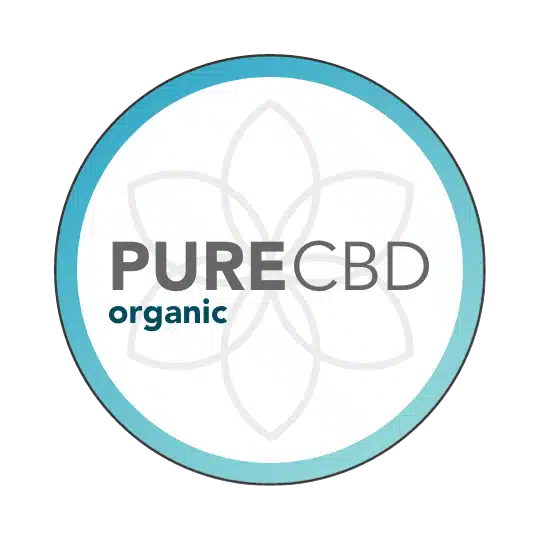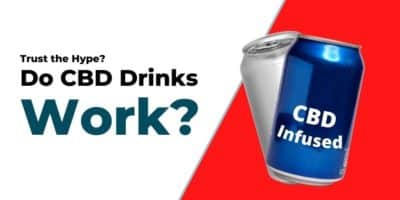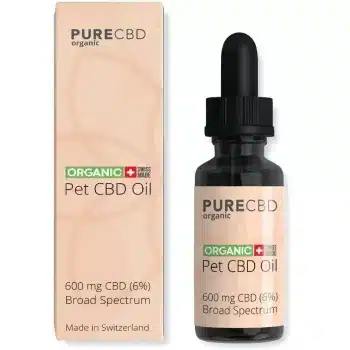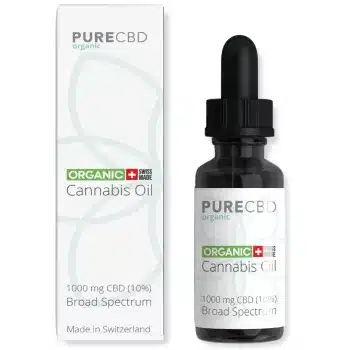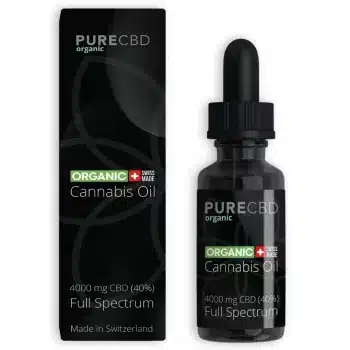No products in the cart.
Return To Shop
Cannabidiol or more commonly called, CBD, has been shown to be effective in treating depression, arthritis, and Parkinson’s disease. CBD’s anti-inflammatory, antibacterial, and neuroprotective properties can be obtained without ingesting it. CBD can also be used topically to treat wounds and abrasions on the skin, as well as scars and a variety of other skin problems.
Why do you get scars?
Let’s take a look at what scars are and why they form before we get into how CBD can help them.
Scars form when the skin is injured, whether it’s from a cut, a burn, or a skin condition like acne. An inflammatory response occurs when the skin breaks.
White blood cells are released by the body to protect the damaged area from infection. Platelets, which are fragments of cells, also travel to the area to aid in blood clotting.
After any bleeding has stopped, fibroblasts begin to produce collagen, which is a protein. It aids in the healing of the injured area by strengthening it.
Collagen also causes a bumpy or raised appearance in the area. Meanwhile, blood flow to the area increases, giving it a reddish hue. This is the beginning of the scarring process, which can take several months.
The extra collagen breaks down over time, and blood flow returns to normal. A scar will usually flatten and fade at this point. Although the healing process can take up to three years, scars rarely cause significant problems. There are, however, always exceptions. Scars can deteriorate over time in some cases.
Furthermore, there are several different types of scars, each with its own characteristics.

Types of scars
Widespread scars
These can happen after surgery when the scar tissue stretches and spreads due to movement during the healing process. Stretch marks are also considered by some to be a type of widespread scar.
Hypertrophic scars
Excess collagen builds up in this type of scar, resulting in a raised appearance. Fibrosis is the medical term for this phenomenon. Hypertrophic scars can thicken for several months after an injury, but they typically flatten out after a few years. They do not extend beyond the original wound site.
Scar contracture
These are most common after a burn injury. Scar contractures cause the skin to tighten around a specific area, making it difficult to move.
Fine line scars
These are the most common scar types. Fine-line scars have a smooth, flat, and white appearance when fully healed.
Keloid scars
Keloid scars, like hypertrophic scars, are characterized by fibrosis. Even after the wound has healed, collagen continues to grow. Keloid scars, on the other hand, differ from hypertrophic scars in that they can extend beyond the original injury site.
Keloid scars can be itchy or tender, and they can be raised, red, or purple. They can also make movement difficult if they occur over a joint. Keloid scars appear in only a small percentage of people. People with dark skin are more likely to have them.
Pitted scars
Skin conditions such as acne or chickenpox can cause this type of scarring. They have a pitted or sunken appearance, as the name implies.
What are the benefits of CBD oil?
CBD is one of the most abundant compounds in hemp, a Cannabis sativa variety with little or no tetrahydrocannabinol (THC), the psychoactive ingredient of the plant.
Because hemp is only allowed to contain 0.3 percent THC by law, hemp-derived CBD products can be found almost anywhere, in both brick-and-mortar and online stores.
CBD’s benefits for a wide range of health conditions are still being researched. Numerous studies have demonstrated that this powerful compound can:
- Inflammation is reduced, and infections are healed.
- Reduce cancer cell proliferation in animal and cell studies
- Protect neural pathways in the brain from damage after a stroke or trauma.
- Symptoms of neurological disorders such as multiple sclerosis and Parkinson’s disease can be reduced.
- Depression, PTSD, and anxiety symptoms can be alleviated.
- Symptoms of gastrointestinal problems such as Crohn’s disease and irritable bowel syndrome can be alleviated.
- To relieve pain and reduce reliance on pain medications, interfere with pain signaling.
CBD’s numerous advantages stem from its effects on the body’s endocannabinoid system (ECS), a network of receptors found throughout the body and brain that responds to both natural cannabinoids produced by the body and cannabinoids from external sources, primarily cannabis. The ECS is important for maintaining homeostasis or keeping the body’s many systems in good working order.
CBD affects not only the numerous receptors in the brain and other parts of the body but also a slew of other processes that keep the body in check. According to some studies, many diseases are caused by an endocannabinoid deficiency, and consuming CBD in any of its many forms can restore cannabinoids to their optimal levels for maintaining good health.
CBD derived from hemp comes in a variety of forms that provide the compound’s benefits, including:
- CBD-infused edibles such as chocolates, gummies, and drinks are used to deliver CBD.
- Sublingual, or under the tongue, administration.
- Similar to flaxseed oil as a dietary supplement.
However, CBD can also be applied to the skin in the form of salves, lotions, or creams, which provide the same powerful healing benefits.
Common treatments for scars
Scarring is an unavoidable part of the healing process, and it is frequently permanent. There are, however, a few treatments that can help them look better or relieve symptoms like itching.
The following are some of the most common scar treatments:
- Creams containing steroids
- Surgery
- Treatment with a laser
- Make-up and skin camouflage
- Silicone dressings or silicone gel
- Dermabrasion
- Dressings to relieve pressure
CBD is becoming increasingly popular, particularly as a component of skin care products. Many people have wondered if CBD could help with scars as a result of this.
Is CBD oil effective for scars?
CBD is one of many active compounds produced by cannabis. It has gained popularity in recent years as a result of its lack of intoxicating properties. Industrial hemp can also be used to extract CBD, making it legal in the majority of states.
The compound works by interacting with the endocannabinoid system in the body (ECS). The ECS is in charge of controlling a wide range of biological functions. It can be found in nearly all human tissues, including the skin. It is involved in cell growth and development in this case. It also aids in the control of the inflammatory response.
The ECS appears to play a critical role in wound healing, despite the fact that we are only beginning to understand its role in skin health.
According to a 2019 study published in Molecules by Toth and colleagues, it regulates the activity of fibroblasts (collagen-producing cells).
As a result, CBD could potentially aid healing and reduce scar formation by increasing ECS activity. Modulating the system’s effects may even be “desirable to achieve scarless healing,” according to the authors.
This theory is supported by a 2016 study published in The FASEB Journal by Zurier and Burstein. It suggests that CBD and other cannabinoids have anti-inflammatory and anti-fibrotic properties.
Furthermore, CBD appears to have the potential to help prevent acne scarring by alleviating the condition. It has sebostatic effects, according to a 2014 study published in The Journal of Clinical Investigation by Olah and colleagues. This means it reduces the production of sebum, the oily substance that causes acne when it builds up on the skin. The authors conclude that CBD as a potent, novel class of anti-acne agents warrants further clinical investigation.
How to treat scars with CBD oil?
While most people take CBD oil orally, it is ineffective for scar reduction. It is necessary to apply CBD directly to the skin in order for it to have an effect. This can be accomplished by directly applying CBD oil to the scar or by using a specially formulated cream or ointment. The difference between ointments and creams is that ointments are thicker and greasier. They have a longer absorption time and are more moisturizing.
Conclusion
The amount of research into CBD for scarring is currently limited, but it is a hot topic. The ECS is known to be present in skin cells and may play a role in wound healing. As a result, it seems reasonable to expect CBD to have some advantages.
Although we cannot guarantee that CBD will improve scars, there is no risk in trying. When CBD is applied topically to the skin, it has very few side effects.
However, it is always a good idea to talk to your doctor about CBD treatment before using it. If you have a medical condition, are pregnant, or are breastfeeding, this is especially important.
